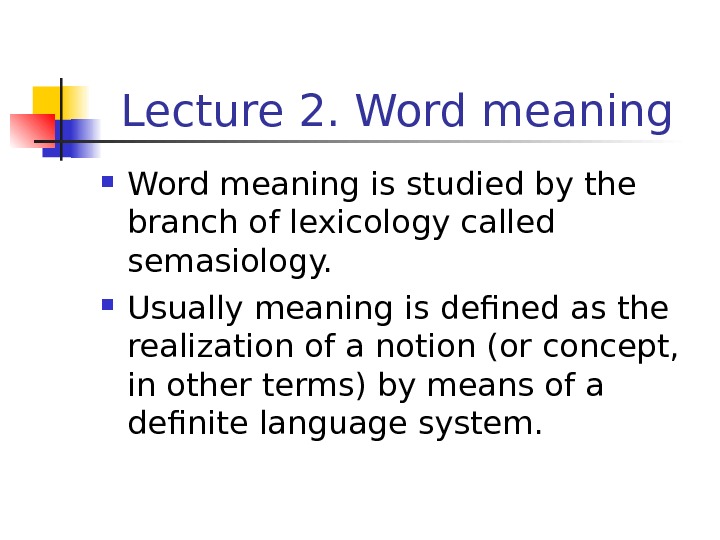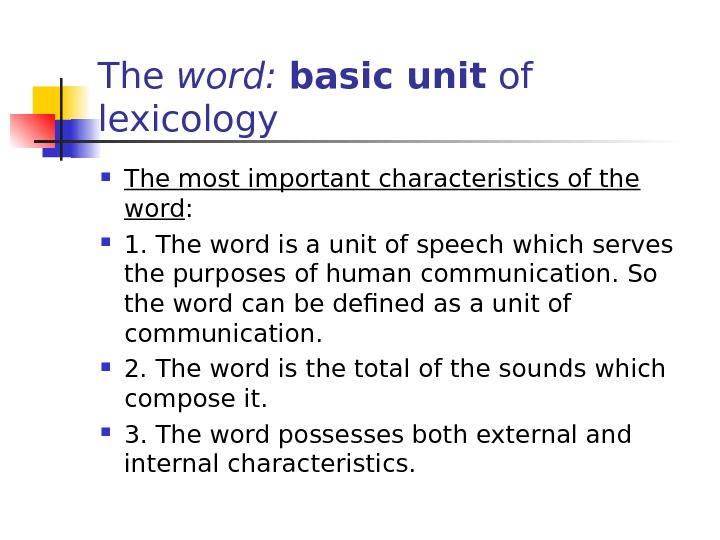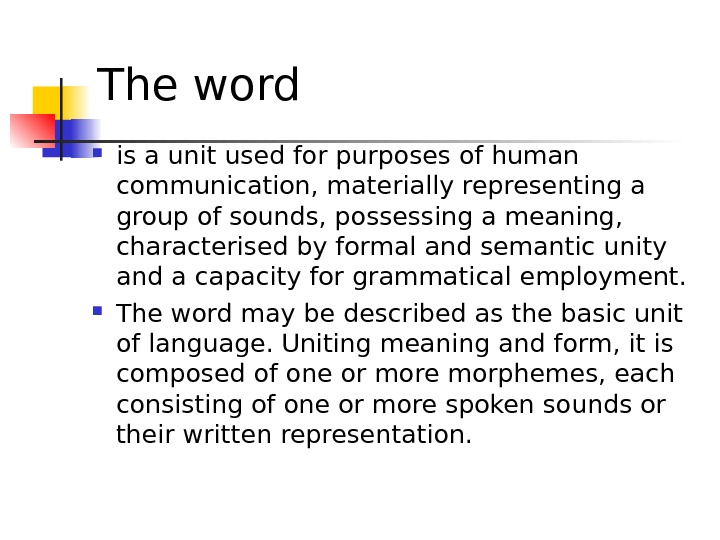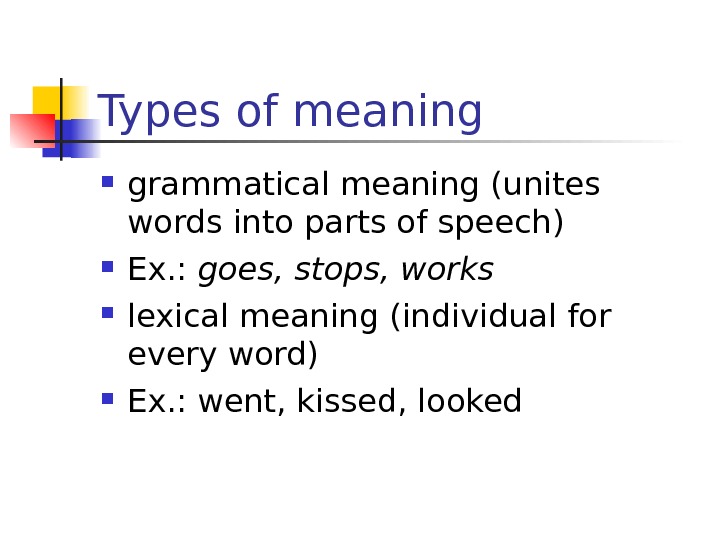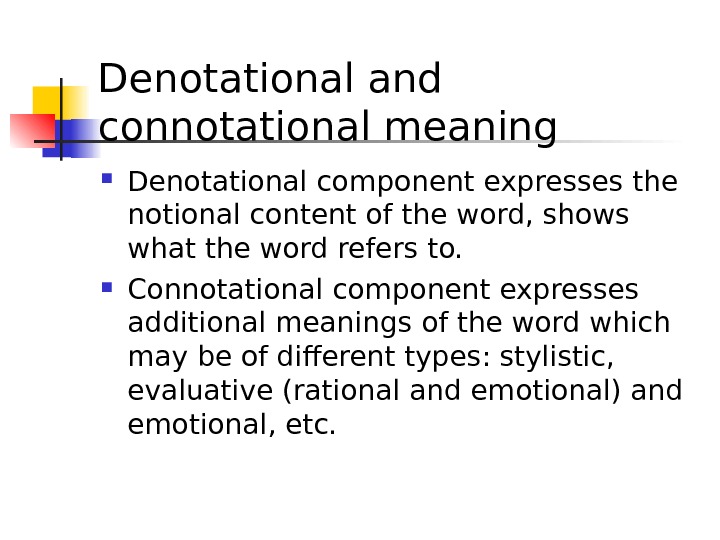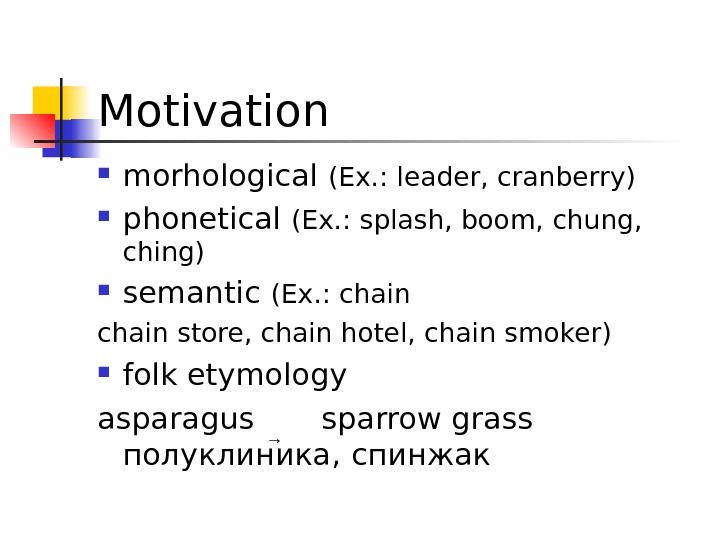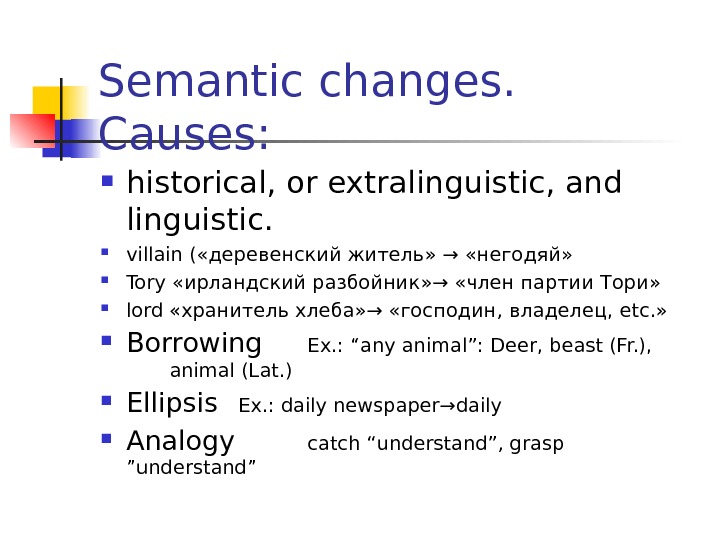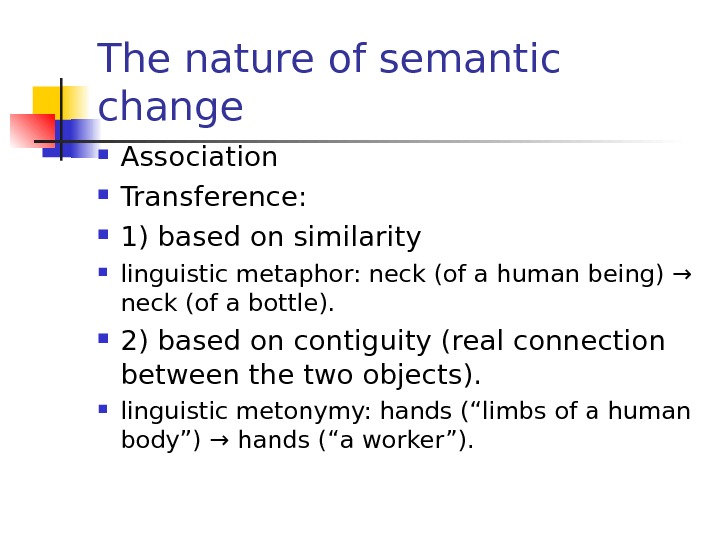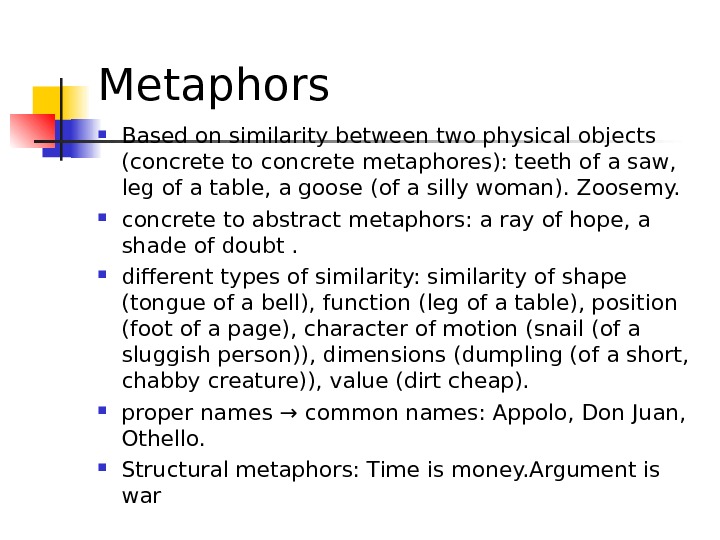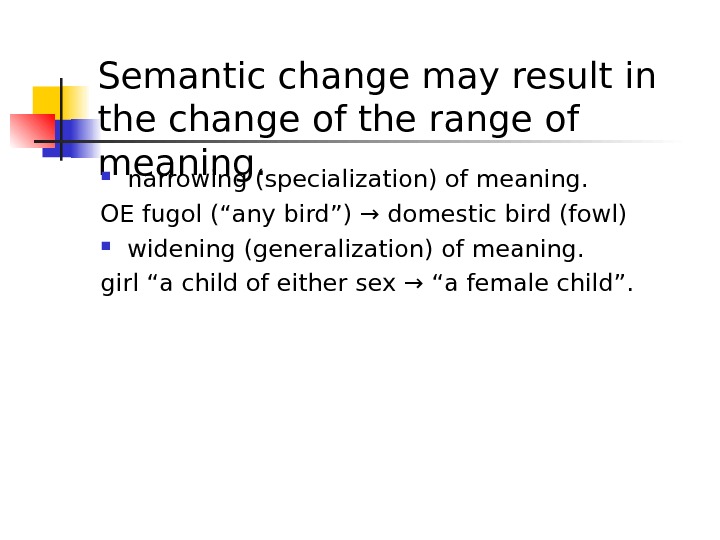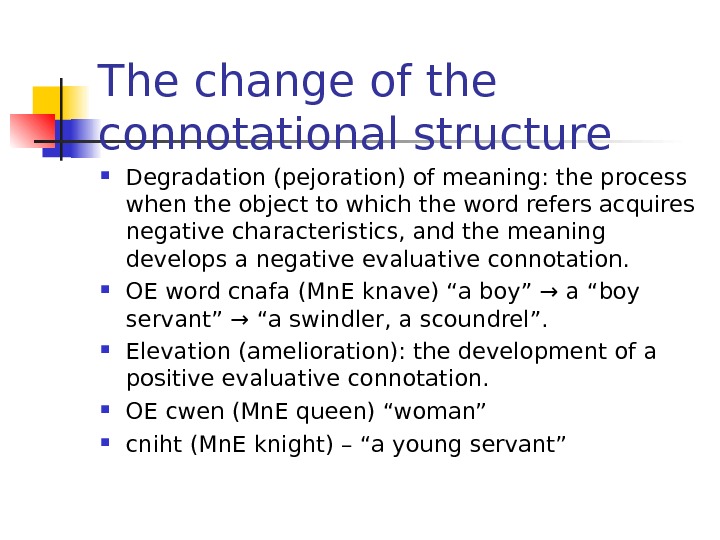without words — перевод на русский
— You’re not ashamed to have vanished without a word, wihout a postcard!
— Как вам не стыдно исчезнуть без слов и известий!
She discreetly sat down… opposite me without a word nor a glance.
Она осторожно сидела… напротив меня без слов не глядя на меня.
That theme without words
Эта музыка без слов
That beautiful theme Without words The wet leaves are…
Эту прекрасную музыку без слов мокрые листья…
But we men, we can understand each other without words.
А мы, мужчины, можем и без слов друг друга понять.
Показать ещё примеры для «без слов»…
— A month ago, without a word.
— Месяц назад, не сказав ни слова.
She let me down without a word.
Она убежала, не сказав ни слова.
He just left without a word?
И он так уехал, не сказав ни слова?
I’m not criticizing, but I find it odd how you left without a word.
Я тебя не виню. Странно, что ты исчезла так, не сказав ни слова.
Anyway, when the guy had gone completely nuts over me, I left without a word with a magnificent 19-year-old English boy.
Короче, когда этот тип окончательно спятил от любви ко мне, я ушла, не сказав ни слова, с прелестным 19-летним англичанином.
Показать ещё примеры для «не сказав ни слова»…
Run away without a word, and leave me there like an idiot.
Убежала, ничего не сказав, оставила меня там как дуру.
Without a word and without taking anything.
Ничего не сказав и оставив всё.
My Hoyt would never have run off to Dallas without a word with murders all over the place.
Мой Хойт никогда бы не сбежал в Даллас, ничего не сказав, когда тут куча убийств.
I kept thinking why else would she disappear for two months without a word?
Я продолжала думать, «Зачем ещё ей пропадать на два месяца ничего не сказав?»
He was in there a few minutes, then ran off without a word.
Он пробыл тут пару минут, а потом убежал, ничего не сказав.
Показать ещё примеры для «ничего не сказав»…
How have I put up with you for so long without a word?
Как я терпела тебя, не говоря ни слова?
Without a word, she led me upstairs.
Не говоря ни слова, она стала подниматься наверх. Я пошла за ней.
Without a word, he took me to the hospital.
Не говоря ни слова, отвел меня в больницу.
We love each other without a word.
Мы любим друг друга не говоря ни слова.
I follow him without a word.
Я следую за ним, не говоря ни слова.
Показать ещё примеры для «не говоря ни слова»…
But the day that you’re sure that she loves you for keeps, I promise you that I’ll step aside without a word.
Но в день, когда ты будешь уверен, что она любит тебя навсегда, я обещаю, что уйду в сторону без единого слова.
Why did he leave without a word?
Почему он пропал без единого слова?
As changed itself to past Without a word.»
Прошлое изменилось Навсегда без единого слова.
«and threw herself on him without a word.
«И без единого слова бросилась на него»
Huzzah! And, of course, the grandest prize of all will be the moment where Maid Marion rests her ruby reds resplendent with divine delights against my own, bespeaking love without one word uttered.
И, конечно, самый главный приз – момент, когда леди Мэрион коснется своими божественными сахарными устами моих губ, выражая любовь без единого слова.
Показать ещё примеры для «без единого слова»…
To the disciple who asked him about the Truth without a word he showed a flower.
Ученику, который хочет узнать истину, он молча показывает цветок.
Die without a word.
Умри молча.
Isabelle… ..puts her little cup on the tray and walks into her room without a word.
Исабель… ставит на поднос свою чашку… и молча уходит в свою комнату.
Dude’s gone six months in Thailand without a word and now he’s busting our chops.
Ты полгода назад молча смотался в Таиланд. Не написал ни одного письма … — … а теперь выговариваешь нам?
Показать ещё примеры для «молча»…
Отправить комментарий
I assume that in English there is a word for everything, and I am looking for one that roughly means «of few words» or «of no words». The closest I could think of is non-verbal, but it sounds a bit too dry. Is there a better word?
Note: I did check for antonyms of «verbal» before I posted here, but didn’t find any.
asked Jun 15, 2014 at 13:45
2
Consider laconic, taciturn, and synonyms such as pithy and terse:
• laconic, “Using as few words as possible; pithy and concise”
• taciturn, “Silent; temperamentally untalkative; disinclined to speak”
• pithy, “Concise and meaningful.”
• terse, “Abruptly or brusquely short” and “(of speech or style) Brief, concise, to the point”
• and per tchrist’s comment, pauciloquent, “Using few words when speaking”
answered Jun 15, 2014 at 14:00
1
speechless — meaning there are no words to describe what you are feeling
answered Jan 28, 2015 at 4:45
Succinct:
Characterized by clear, precise expression in few words; concise and terse: a succinct reply; a succinct style.
(American Heritage Dictionary)
herisson
76.9k9 gold badges196 silver badges339 bronze badges
answered Jun 15, 2014 at 16:38
2
Brevity:
the quality of expressing much in few words; terseness: Brevity is the soul of wit.
(Dictionary.com)
herisson
76.9k9 gold badges196 silver badges339 bronze badges
answered Jun 15, 2014 at 16:21
Third NewsThird News
7,43816 silver badges28 bronze badges
3
Download Article
Download Article
Maybe you are in the middle of an exam and suddenly come across a word that makes absolutely no sense. This is usually a cue for most people to panic if a dictionary is not handy. But don’t worry! There are several steps you can take to help you figure out the meaning of a word without a dictionary.
-
1
Read the entire sentence. It can be very frustrating to have your reading interrupted by an unknown word. If you are in the middle of an exam or an assignment for school or work, it can also be very stressful. If you can’t reach for a dictionary, take other steps to figure out what the word means.
- Your first step is to go back and re-read the entire sentence. You probably lost track of what your were reading when you stumbled upon the new word.
- Think about the content of the sentence. Do you understand the sentence without using the new word? Or is it incomprehensible?
- Try underlining the unknown word. This will help you separate it from the rest of the sentence.
-
2
Identify words you do understand. You can often use other words in the sentence to help you define the unknown word. Think about what else is happening in the sentence. Hopefully, this will help you figure out whether the unknown word is a noun, verb, or adjective.
- For example, maybe you are looking at a sentence that says, «It was a very sultry day in the middle of the summer.» You probably understand each word except for «sultry».
- Think about what you know about the summer. It is likely that «sultry» has something to do with weather.
- Maybe your biology exam has this sentence, «Many members of the canine family are predators, looking for other animals to eat.» You can surmise that «predators» prey on other animals.
Advertisement
-
3
Look for illustrative examples. Once you have examined the other words in that sentence, you can move on. Start looking at the sentences that follow the unknown word. An author will often give descriptions that can help you figure out the meaning of an unknown word.[1]
- For example, take the sentence, «It was a very sultry day in the middle of summer.» It could be followed by the sentence, «The heat and humidity made it appealing to sit in the shade and drink lemonade.»
- You can now more confidently define «sultry». The descriptive words such as «heat» and «humidity» are further clues that it is a description of the weather.
- Sometimes, the descriptive examples will be right in the original sentence. For example, it could say, «Sultry days are so damp and hot.»
-
4
Think logically. Sometimes, the context clues will not be as clear. You will have to use logic to figure out the word. You can also use experience, or prior knowledge, of the topic.[2]
- For example, maybe a sentence says, «In the antebellum South, many plantation owners kept slaves.» It is likely that «antebellum» is the unknown word.
- The sentence itself does not offer many clues. However, the following sentences are, «But after the Civil War, slavery was outlawed. This was a major change between the two periods.»
- Think about what you know now. You are reading information about two different time periods, right? Before the Civil War and after the Civil War.
- You can now make a pretty logical assumption about the word «antebellum». Based on your experience and reading the following sentences, you know it probably means «before the war».
-
5
Use other context clues. Sometimes an author will offer other types of clues. Look for restatement. This is where the meaning of the word is restated in other words.
- Here is an example of «restatement»: «The pig squealed in pain. The high-pitched cry was very loud.»
- You can also look for «appositives». This is where an author highlights a specific word by placing a further description between two commas.
- This is an example of the use of an appositive: «The Taj Mahal, which is a massive white marble mausoleum, is one of the most famous landmarks in India.
- You may not know the words «Taj Mahal», but the use of appositives makes it clear that it is a landmark.
Advertisement
-
1
Look for a prefix. Etymology is the study of the meanings of words. It also looks at the origins of words, and how they have changed over time. By learning about etymology, you can find new ways to define unknown words without using a dictionary.
- Start by looking at each part of the word in question. It is very helpful to look to see if the word has a common prefix.
- Prefixes are the first part of the word. For example, a common prefix is «anti».
- «Anti» means «against». Knowing this should help you figure out the meanings of words such as «antibiotic» or «antithesis».
- «Extra» is a prefix that means «beyond». Use this to figure out words such as «extraterrestrial» or «extracurricular».
- Other common prefixes are «hyper», «intro», «macro» and «micro». You can also look for prefixes such as «multi», «neo» and «omni».
-
2
Pay attention to the suffix. The suffix are the letters at the end of the word. There are several suffixes in the English language that are common. They can help you figure out what kind of word you are looking at.
- Some suffixes indicate a noun. For example, «ee» at the end of the word almost always indicates a noun. Some examples are «trainee» and «employee».
- «-ity» is also a common suffix for a noun. Examples include «electricity» and «velocity».
- Other suffixes indicate verbs. For example, «-ate». This is used in words such as «create» and «deviate».
- «-ize» is another verb suffix. Think about the words «exercise» and «prioritize».
-
3
Identify root words. A root word is the core word, without a prefix or suffix. Most words in the English language come from either a Latin or Greek root word.[3]
- By learning common root words, you can begin to identify new words more easily. You will also be able to recognize words that have had a prefix or suffix added.
- An example of a root word is «love». You can add many things to the word: «-ly» to make «lovely».
- «Bio» is a Greek root word. It means «life, or living matter». Think about how we have adapted this root word to become «biology», «biography», or «biodegradable».
- The root word mater- or matri- comes from the Latin word mater, meaning mother. By understanding this root, you can better understand the definitions of words like matron, maternity, matricide, matrimony, and matriarchal.
Advertisement
-
1
Keep notes. If you can increase the size of your vocabulary, you will find yourself less likely to encounter unknown words. There are several steps you can take to effectively build your vocabulary. For example, you can start by writing notes.
- Every time you encounter an unfamiliar word, write it down. Then later, when you have access to a dictionary, you can look it up for a precise definition.
- Keep a small pack of sticky notes with you while you read. You can write the unfamiliar word on a note and just stick it on the page to return to later.
- Start carrying a small notebook. You can use it to keep track of words that you don’t know and new words that you have learned.
-
2
Utilize multiple resources. There are a lot of tools that you can use to help you build your vocabulary. The most obvious is a dictionary. Purchase a hard copy, or book mark an online dictionary that you find useful.
- A thesaurus can also be very helpful. It will give you synonyms for all of the new words you are learning.
- Try a word of the day calendar. These handle desk tools will give you a new word to learn each day. They are available online and at bookstores.
-
3
Read a lot. Reading is one of the best ways to increase the size of your vocabulary. Make it a point to read each day. Both fiction and non-fiction will be helpful.
- Novels can expose you to new words. For example, reading the latest legal thriller will likely expose you to some legal jargon you’ve never heard before.
- Read the newspaper. Some papers even have a daily feature that highlights language and explores the meanings of words.
- Make time to read each day. You could make it a point to scroll through the news while you drink your morning coffee, for example.
-
4
Play games. Learning can actually be fun! There are many enjoyable activities that can help you to build your vocabulary. Try doing crossword puzzles.
- Crossword puzzles are a great way to learn new words. They will also stretch your brain by giving you interesting clues to figure out the right word.
- Play Scrabble. You’ll quickly learn that unusual words can often score the most points.
Advertisement
Add New Question
-
Question
Is there a list of prefixes/suffixes, or a simple etymology handbook, that I can obtain from the Internet or someplace else?
I’m sure there are many! Check websites like Amazon, Barnes and Noble, or other booksellers who might sell grammar handbooks. You could also try checking your local book stores.
-
Question
How does one find out and understand the formation of words?
If you can recognize the prefixes, suffixes, and anything else that might alter the root word, then you’ll know how the root is being altered. For example, ‘amuse’ is made up of ‘a’ as in ‘not’ and ‘muse’ referring to ponderous thought. Even if you don’t recognize the root ‘muse’ because it’s a more archaic term, you know that the ‘a’ inverses it’s meaning.
-
Question
How can I know the exact meaning of a word using dictionaries from many leanings given?
Substitute each meaning into the sentence where you encountered the word, and see which definition makes the most sense within the context of that sentence.
See more answers
Ask a Question
200 characters left
Include your email address to get a message when this question is answered.
Submit
Advertisement
-
Keep a notebook. This could be useful if you come across a word that you want to learn later, if you want to list any words that share suffixes or prefixes (both of which are known as «roots», which also include anything that goes into the middle.)
-
Read etymology dictionaries. They are found online and presumably in bookstores if you look hard enough.
-
Make your own notes in your personal English notebook to remember important points later on.
Advertisement
References
About This Article
Article SummaryX
To understand a word without a dictionary, try re-reading the entire sentence to see if the context helps you to find out what the word means. If it’s unclear, try to figure it out by thinking about the meaning of the words you’re familiar with, since the unknown word might have a similar meaning. Additionally, look for common prefixes in words, such as «anti,» which means against, or «extra,» which means beyond. Next, check the following sentences for clues, such as the topic the word is related to. Alternatively, keep a list of unknown words so you can check them in a dictionary at a later date. For tips on how to identify root words and how to learn words by doing crossword puzzles, read on!
Did this summary help you?
Thanks to all authors for creating a page that has been read 215,363 times.
Reader Success Stories
-
Aaron Junior
Jul 26, 2016
«This article has really helped me especially finding the meaning of the word using prefixes, suffixes, and word…» more
Did this article help you?
- Размер: 250 Кб
- Количество слайдов: 17
